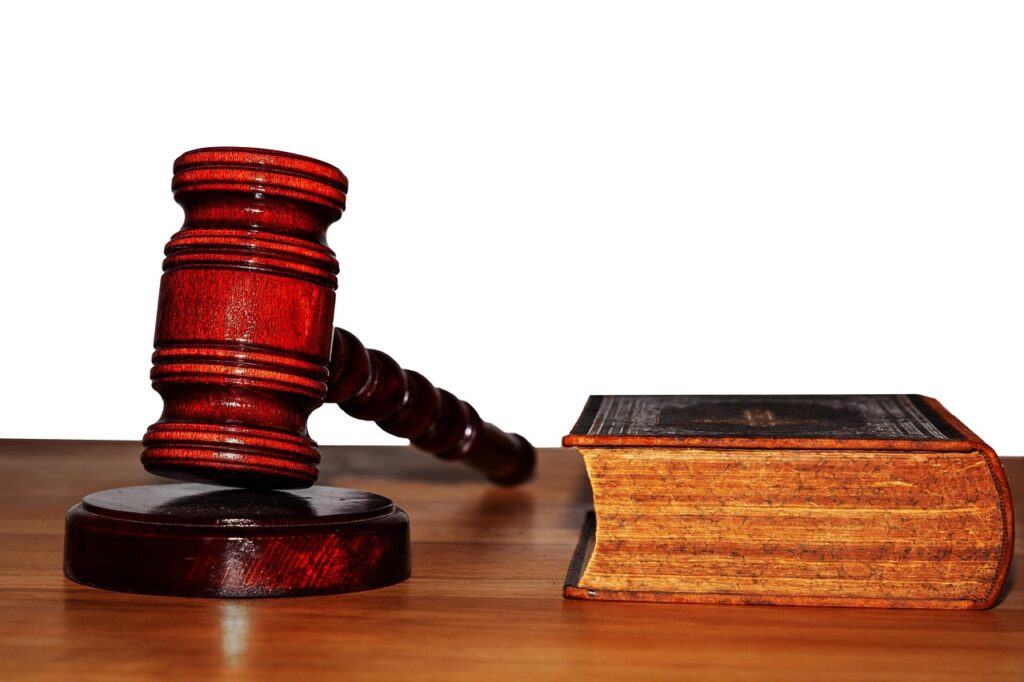Many people argue about whether the death penalty should be abolished or not. Other people say that the death penalty serves as a rightful punishment for the criminals, to hopefully give justice for the victims and reduce crimes. However, is the death penalty really the solution? What if the death penalty is biased? Is the justice system right all the time? What about those people who get sentenced to death but are innocent? Did they get the justice they deserved? While many people are quietly arguing this, here are some of the arguments that are for and against.
One of the reasons why the death penalty should be abolished is its violation of human rights because it invalidates the right to life. According to the United Nations Universal Declaration of Human Rights (Article 3), everyone has the right to life, liberty, and security. It shows that the death penalty directly violates human rights by executing or taking a person’s life.
However, many people believe that the death penalty serves as a rightful punishment for the worst crimes. The law of retributive justice is a form of justice that gives criminals the punishment equal to their crime. For instance, on September 25, 1982, in Pennsylvania, a man named George Emil Banks was convicted of murdering 13 people. As a result of his actions, he received 12 death sentences.
Nevertheless, there is also a risk of executing innocent people. There are many issues and cases where innocent people got sentenced to death. Discrimination, prejudice, and inaccurate evidence are some of the reasons why innocent people are erroneously sentenced to death. The report by the Innocence Project says that over 200 people have been exonerated from death row in the U.S. since 1973, and 4% of them are innocent. It shows that mistakes can happen in the justice system.
On the other hand, the death penalty can also provide justice for the victims and their families. Many of the victims’ families believe that the death penalty helps them to move forward. For example, Phyllis Loya, a mother of a police officer who was murdered, said that, “I will live to see the execution of my son’s murderer. People need closure.” This case shows that the death penalty is the only way for their lives to move forward.
Despite this, the death penalty can be biased against the people who are experiencing poverty. The criminal justice system can be biased against poor defendants, having more attention on wealthy defendants. The poor defendants often lack the ability to hire a skilled lawyer because of financial problems. Based on the study of The Equal Justice Initiative, it shows that the death penalty is biased in favor of wealthy and guilty defendants over poor and innocent defendants. As a result, a surprising number of innocent people have been sentenced to death and executed.
On the flip side of the argument is that the death penalty could prevent prisons from overcrowding. Many countries are having issues about prisons being overcrowded, but with the help of the death penalty, it can lower the population inside the prison. For example, in 2011, in California, a prison was overcrowded, and the district court panel ordered authorities to release or transfer over 33,000 inmates. The death penalty could lower the number of people inside the prison.
There are many arguments for and against abolishing the death penalty. Giving the rightful justice for the victims is good, but innocent people getting sentenced to death is not. On balance, I believe that the death penalty should be abolished because it is violating human rights and is biased against the poor defendants. Therefore, we should respect human lives, even though they did something wrong, because taking a person’s life is wrong.
About the Author


